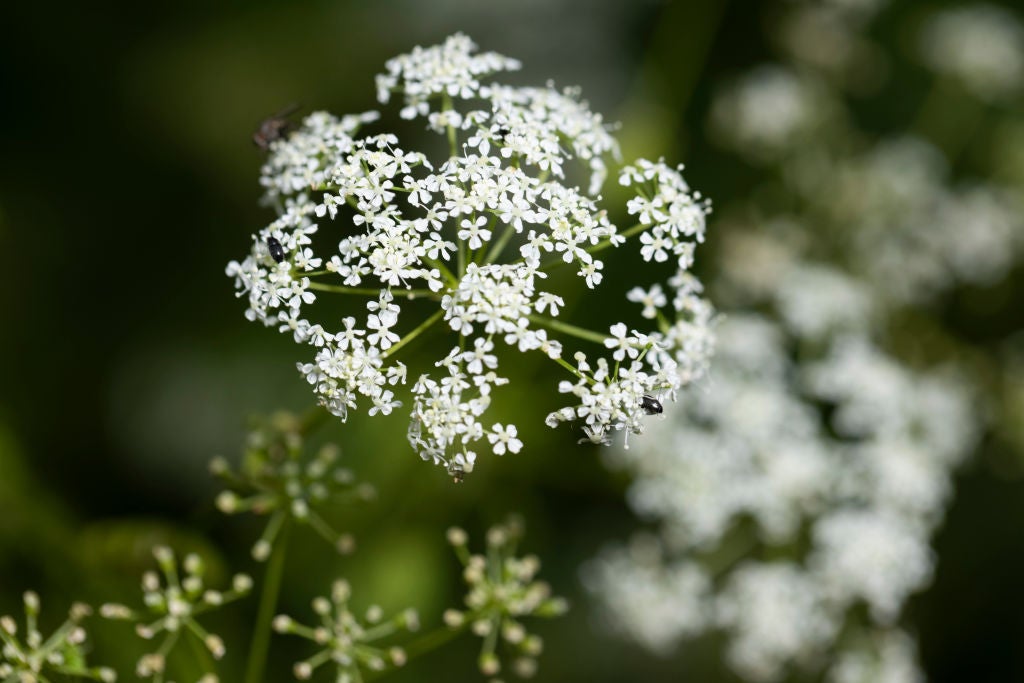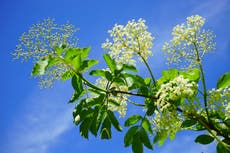Warning to all dog owners after spate of pet deaths
The poisonous hemlock plant has been linked to the death of a dog in Lough Neagh in County Antrim this month

Dog owners have been warned to look out for a potentially poisonous plant after it was linked to several pet deaths in Northern Ireland.
The hemlock plant contains alkaloids which attack the nervous system and can cause breathing difficulties, paralysis and death in pets. It is also harmful to humans.
The roots of the plant, which is also known as the Hemlock Water Dropwort, are the most toxic part.

The plant was linked to the death of a dog in Lough Neagh in County Antrim this month.
The dog is thought to have been exposed to a hemlock plant before it died, while several other canine deaths have been reported in the area.
A boom in the crop of the poisonous plant is thought to have been caused by damp conditions in the area in Northern Ireland.
A spokesperson for the Northern Ireland Environment Agency said a site inspection took place on May 23 and “a large amount of toxic but fairly common Hemlock Water Dropwort” was found.
Signage has since been put up in the area to warn pet owners about the poisonous plant, the agency said.
The agency described it as “perhaps the most poisonous indigenous plant’’.
The plant, which grows well in the UK and Northern Ireland climate, can reach up to ten feet tall, has small white flowers and a hairless stem with purple blotches.
Concerns have grown that the plant could end up in people’s gardens as it can be easily mistaken for Cow Parsley, which is edible.
The hemlock plant’s poison causes it to emit a smell botanists have compared to mouse urine.
In August 2021, Indiana’s Natural Resources Conservation Service warned the plant is rapidly spreading through US parks and backyards.
Join our commenting forum
Join thought-provoking conversations, follow other Independent readers and see their replies
Comments


Bookmark popover
Removed from bookmarks